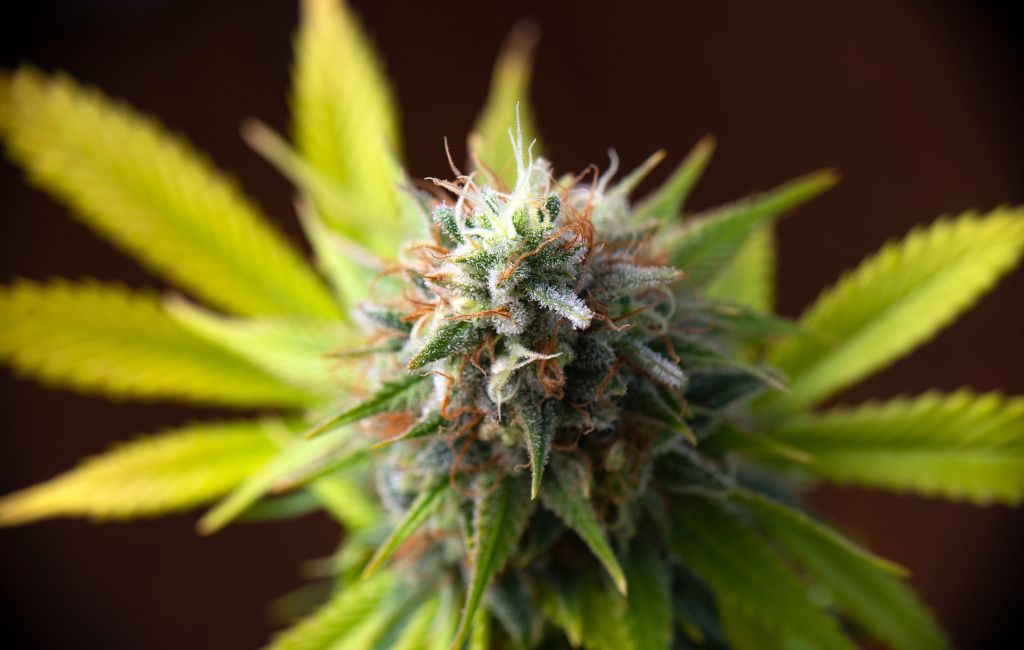Marijuana Legalization: Progress and Freedom
The movement towards marijuana legalization has gained significant momentum over the past few decades. This shift reflects changing societal attitudes, economic considerations, and evolving legal frameworks. As more regions embrace legalization, the conversation around marijuana continues to evolve, highlighting both progress and challenges.
Historical Context
Marijuana has a long and complex history, with its use dating back thousands of years. In the early 20th century, many countries began to criminalize marijuana, influenced by social, political, and racial factors. The United States, for instance, saw the Marihuana Tax Act of 1937, which effectively banned the substance. This set the stage for decades of prohibition and stigmatization.
Shifting Public Perception
Public perception of marijuana has undergone a significant transformation. A Gallup poll from 1969 showed only 12% of Americans supported legalization. Fast forward to 2021, and that number had risen to 68%. This shift can be attributed to increased awareness of marijuana’s medicinal benefits, as well as a growing recognition of the failures of the War on Drugs.
Economic Implications
The economic impact of marijuana legalization is substantial. Legal markets generate billions in revenue, create jobs, and contribute to state and local tax coffers. For example, Colorado, one of the first states to legalize recreational marijuana, reported over $2 billion in sales in 2020 alone. This economic boon has encouraged other states and countries to consider legalization as a viable financial strategy.
Social Justice and Legal Reform
Legalization efforts often intersect with social justice initiatives. The War on Drugs disproportionately affected marginalized communities, leading to high incarceration rates for non-violent offenses. Legalization provides an opportunity to address these injustices through expungement of records and reinvestment in affected communities.
Case Studies
Colorado
Colorado serves as a pioneering example of successful marijuana legalization. Since legalizing recreational use in 2012, the state has seen a decrease in marijuana-related arrests and an increase in tax revenue. The funds have been allocated to education, healthcare, and infrastructure projects, demonstrating the potential benefits of a regulated market.
Canada
In 2018, Canada became the first G7 nation to legalize recreational marijuana nationwide. The Canadian model emphasizes public health and safety, with strict regulations on production and distribution. This approach aims to reduce the black market and ensure consumer safety, setting a precedent for other countries considering similar measures.
Challenges and Concerns
Despite the progress, challenges remain. Regulatory frameworks vary widely, leading to inconsistencies in quality and safety standards. Additionally, the persistence of the black market poses a threat to legal businesses. Addressing these issues requires ongoing collaboration between governments, industry stakeholders, and communities.
The Future of Marijuana Legalization
The future of marijuana legalization looks promising, with more regions exploring the benefits of regulated markets. As research continues to uncover the potential medical applications of cannabis, public support is likely to grow. The ongoing dialogue around legalization will shape policies that balance economic interests, public health, and social equity.
Conclusion
Marijuana legalization represents a significant shift in societal attitudes and legal frameworks. The progress made in recent years highlights the potential benefits of a regulated market, from economic growth to social justice reform. As more regions embrace legalization, the conversation will continue to evolve, paving the way for a future where marijuana is integrated into society in a responsible and equitable manner.
